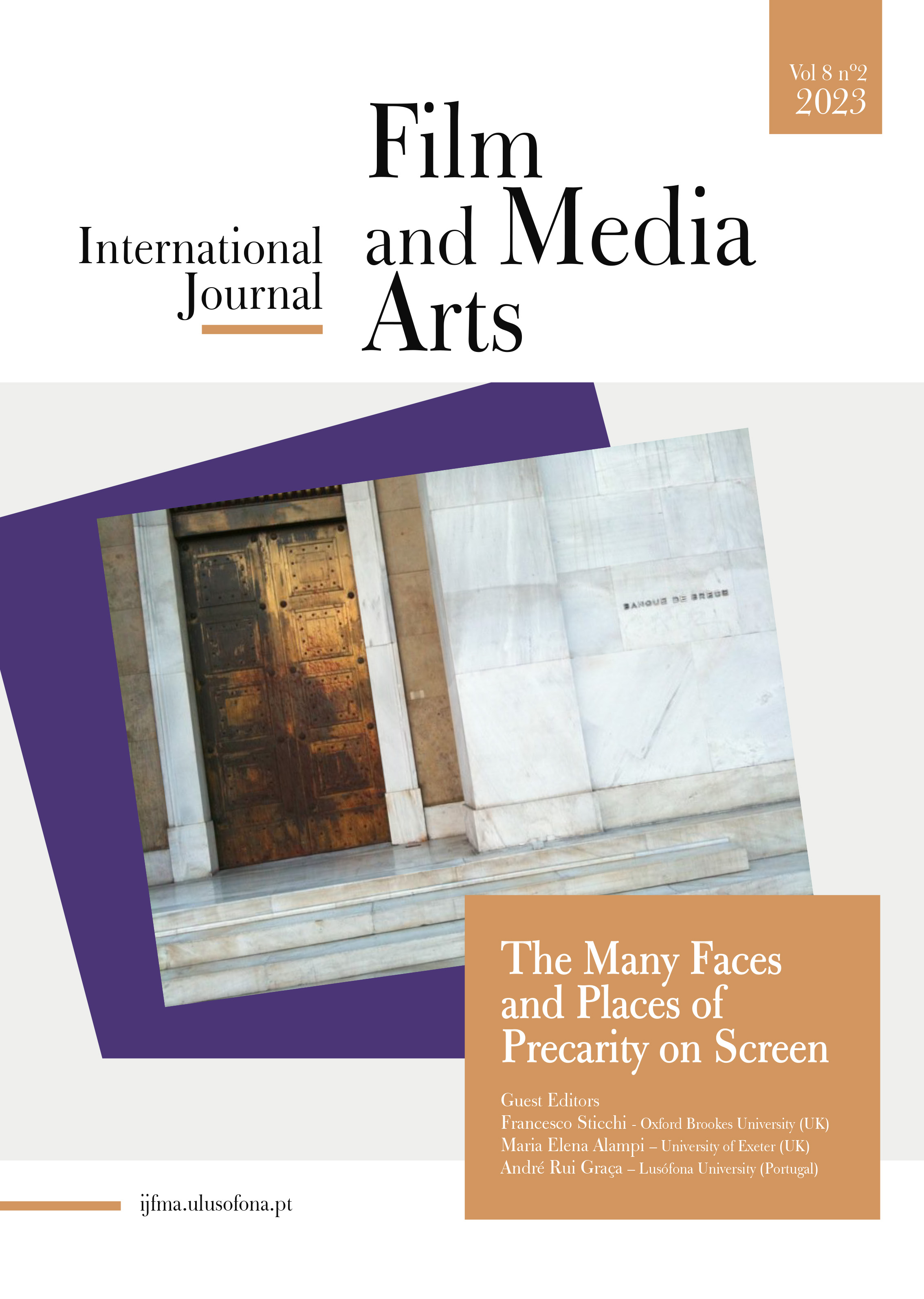The Ambivalent Vision: The "Crip" Invention of "Blind Vision" in Blind Massage
Abstract
Blind Massage, a film directed by Lou Ye (2014), depicts disability and sexuality through stories of blind masseurs. It employs “blind vision”, a novel form of cinematography that depicts blindness, assisting the film in unfolding the subjective experience of the blind masseurs in both sexual and non-sexual scenes.
With the invention of blind vision, Blind Massage introduced a non-normative cinematic experience that decentres vision, while cinema had previously been perceived as an intrinsically visual-centred art form. This paper, therefore, asks: How does the ambivalent representation of vision contribute to the cinematic representation of disabled sexuality? Does it reinvent or reinforce the normative understanding of disabled sexuality?
As a response, the paper argues that the invention of blind vision destabilises the ableist foundation of cinema that centres on visual experience as the source of pleasure. It mainly grounds the argumentation on criticism of Mulvey’s (1975) gaze theory, which discusses visual pleasure and narrative cinema with the psychoanalytic gaze notion. The notion of blind vision will be elaborated on, not only in cinematography but also as a cultural implication that touches on disability studies and sexuality studies. Methodologically, this paper will, use crip theory, feminist film theories, and psychoanalysis to understand the representation of disabled sexuality in Blind Massage.
The paper will be structured as follows. It will first review previous academic discussions on disabled sexuality in cinema. Then, it will elaborate on the invention of blind vision through scene and cinematography analyses and consider how Blind Massage echoes with a Mulveyian gaze theory in terms of marking the gaze as a normative power. Finally, I argue that blind vision could be regarded as an approach to reverse such power and release the potential resistance towards normativity in cinema, with a Lacanian revisit and reworking of the Mulveyian gaze theory.
Copyright (c) 2023 International Journal of Film and Media Arts

This work is licensed under a Creative Commons Attribution-NonCommercial 4.0 International License.











